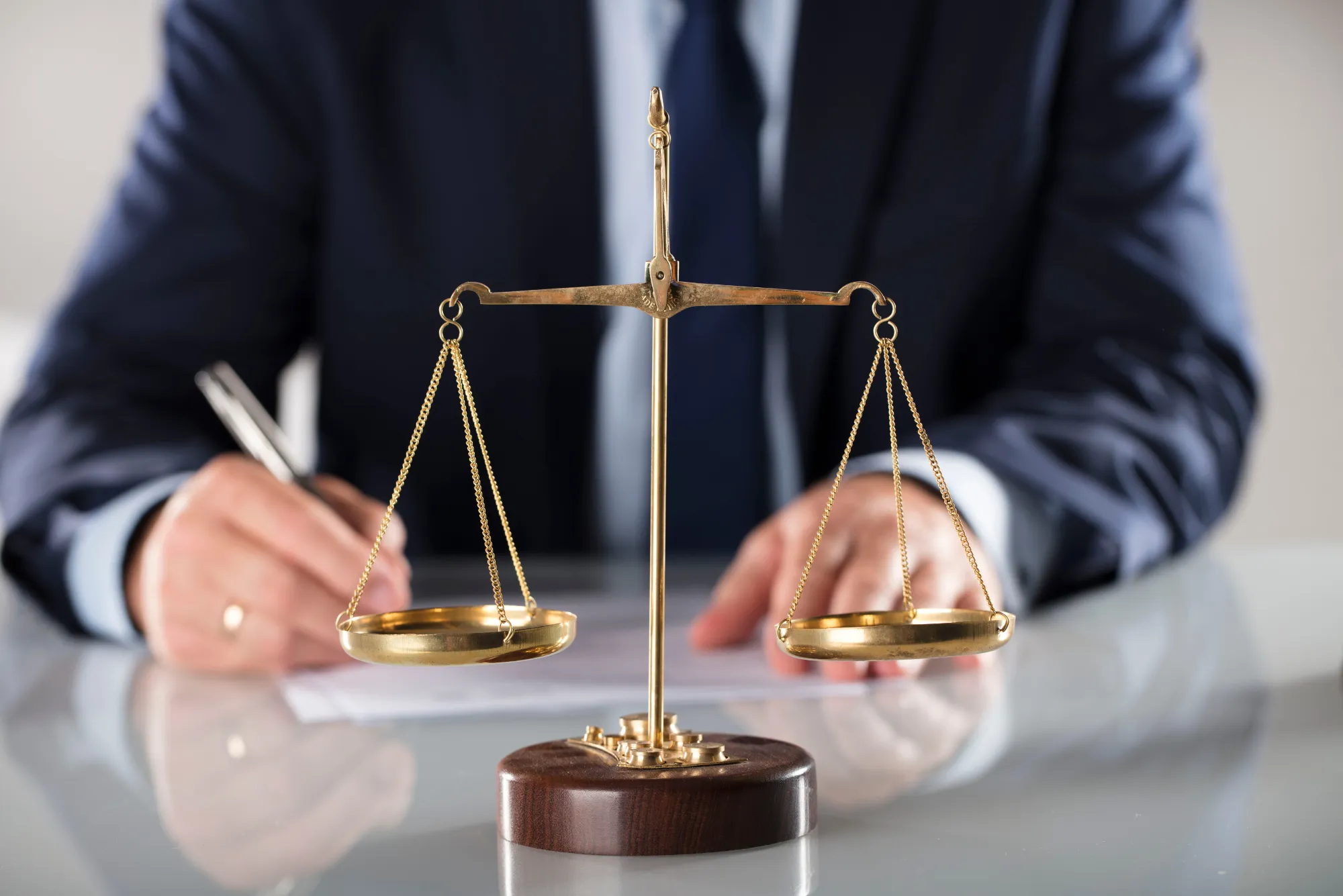How Are International Commercial Disputes Handled in Dubai?
Dubai has become a significant hub for international commerce, attracting investors and businesses globally due to its strategic geographical position, robust economic infrastructure, and investor-friendly legal environment. As trade and commercial activities flourish, international commercial disputes inevitably occur. These disputes can emerge from cross-border contracts, international investments, real estate ventures, and multi-jurisdictional commercial arrangements involving companies operating under various legal systems. Handling such complexities requires a sophisticated legal framework capable of addressing differences in languages, governing laws, enforcement mechanisms, and jurisdictional challenges.
The Emirate has proactively developed an adaptable legal system to efficiently manage these international disputes through multiple forums such as local Dubai Courts, DIFC Courts, and specialized arbitration centers. This comprehensive legal landscape ensures fairness, expediency, and enforceability of decisions, crucial for maintaining Dubai’s reputation as an international business center. Legal clarity and dispute resolution efficiency are significantly enhanced when parties consult experienced lawyers in Dubai who understand local practices and international legal nuances.
What Is Considered an International Commercial Dispute?
An international commercial dispute typically arises when commercial activities involve parties from different countries or when transactions transcend national boundaries. Common instances include cross-border contractual obligations, international supply chain disruptions, foreign investments in Dubai-based enterprises, cross-border joint ventures, licensing agreements, and franchise arrangements. Disputes may revolve around issues such as breach of contract, non-payment, misrepresentation, regulatory non-compliance, or performance deficiencies.
The complexity of these disputes often necessitates applying multiple legal systems and reconciling conflicting contractual obligations. Consequently, businesses involved in international transactions must proactively engage legal experts to ensure contractual clarity, appropriate jurisdictional clauses, and enforceable dispute resolution mechanisms are established upfront.
Jurisdiction: Which Court or Tribunal Handles the Case?
Jurisdiction in Dubai is determined based on contractual agreements or default legal provisions. Dubai Courts operating under UAE federal civil law typically have jurisdiction when contracts are performed locally or parties reside within the UAE, barring alternative specifications. These courts require Arabic language proceedings, which can introduce translation complexities.
Alternatively, the DIFC Courts, located in the Dubai International Financial Centre, offer an English-language common law environment attractive for international parties, especially in financial and high-value disputes. Moreover, arbitration institutions such as Dubai International Arbitration Centre (DIAC), DIFC-LCIA Arbitration Centre, and the UAE chapter of the International Chamber of Commerce (ICC) offer specialized forums. Parties generally specify jurisdiction through dispute resolution clauses within their contracts; however, in the absence of clear provisions, UAE default rules apply.
Governing Law in International Disputes
Determining the governing law is essential as it sets out the legal principles governing contract interpretation and dispute resolution. International contracts usually allow parties to choose applicable laws such as UAE law, English law, or New York law explicitly. If no law is specified, UAE courts default to UAE law, while DIFC Courts typically apply English common law unless indicated otherwise.
For arbitration, the governing law follows either the arbitration agreement itself or the rules stipulated by the arbitration institution. Having precise governing law clauses drafted with the aid of legal professionals ensures clarity and reduces potential jurisdictional conflicts.
Language of Proceedings
Language differences significantly impact international dispute proceedings. Arabic is mandatory in Dubai Courts, necessitating certified legal translations for all documents, adding cost and time factors. Conversely, DIFC Courts and most arbitration centers operate predominantly in English, facilitating greater accessibility and efficiency for international participants.
Given the risks of misunderstanding due to language barriers, businesses benefit significantly from engaging bilingual or multilingual lawyers in Dubai, ensuring effective communication and document preparation, thus avoiding procedural pitfalls.
Litigation vs. Arbitration
International commercial disputes frequently favor arbitration over litigation due to arbitration’s neutrality, confidentiality, expedited proceedings, and ease of cross-border enforcement under the New York Convention. Nevertheless, litigation remains relevant, particularly in consumer disputes, employment-related matters, and property title disputes.
High-value or specialized disputes, such as construction, maritime, mergers and acquisitions, and licensing disagreements, typically prefer arbitration due to the robust arbitration-friendly environment in Dubai. Companies must strategically choose the optimal dispute resolution method, ideally supported by experienced local legal advisors.
Arbitration Clauses in International Contracts
Well-drafted arbitration clauses are pivotal in international contracts, clearly defining the arbitration institution (e.g., DIAC, ICC), seat of arbitration, number of arbitrators, language, and governing law. Poorly constructed clauses often result in delays, jurisdictional disputes, or unenforceability.
To avoid such complications, companies should seek advice from seasoned lawyers in Dubai to draft comprehensive, clear, and enforceable arbitration clauses aligning with local and international legal standards.
Conduct of Arbitration in Dubai
Arbitration proceedings in Dubai follow structured procedures: initiation through a Notice of Arbitration, arbitrator appointments, preliminary procedural meetings, submission of written pleadings with supporting evidence, hearings, and issuance of a final binding award. The UAE Arbitration Law ensures enforceability, barring violations of procedural fairness or public policy.
Dubai’s supportive legal framework makes arbitration an effective, predictable, and reliable mechanism for resolving complex international disputes, significantly benefiting global enterprises.
Litigation in DIFC Courts
DIFC Courts offer international investors the benefits of English common law, independent international judges, transparent processes, and enhanced enforceability globally. These courts efficiently handle enforcement of foreign judgments and arbitral awards, providing assurance to foreign parties seeking reliable legal recourse.
Businesses involved in cross-border operations should consider DIFC Courts as a practical option for litigation, particularly when English language proficiency and common law familiarity are priorities.
Enforcement of Foreign Judgments and Awards
Enforcing foreign judgments or arbitral awards in Dubai hinges on reciprocal international agreements or adherence to the New York Convention. Dubai Courts enforce foreign judgments when reciprocity exists, and judgments conform to UAE public policy and procedural correctness. Arbitration awards from New York Convention member countries receive streamlined enforcement.
Proper documentation, translation accuracy, and procedural diligence are vital to ensure successful enforcement, necessitating knowledgeable local legal support.
Challenges in International Disputes
Handling international commercial disputes in Dubai involves unique challenges such as jurisdictional overlaps, conflicting laws, translation-induced delays, forum shopping, and procedural complexity across multiple jurisdictions. Effective legal strategies and careful planning mitigate these challenges significantly.
Businesses should engage expert lawyers familiar with navigating international legal complexities, ensuring strategic advantage and efficient dispute resolution outcomes.
Legal Representation and Preventive Measures
Skilled legal representation is indispensable in cross-border disputes. Experienced Dubai-based attorneys proficient in international treaties, multilingual documentation, local court practices, and asset recovery significantly enhance client outcomes.
Preventive legal measures—such as precise contract drafting, due diligence on partners, and regular contractual reviews—reduce the likelihood of disputes. Proactive legal consultations identify potential risks before escalation, safeguarding international commercial relationships.
Dubai’s flexible, sophisticated legal environment, combined with expert legal guidance, provides international businesses robust tools for effectively managing, resolving, and preventing commercial disputes, sustaining long-term success in the global market.
1.Note: For comprehensive guidance on resolving international commercial disputes, explore our detailed category on International Dispute Resolution in Dubai.
2.Note: For an in-depth understanding of the automotive sector, explore our dedicated category on What Is Meant By Automobile Industry.


